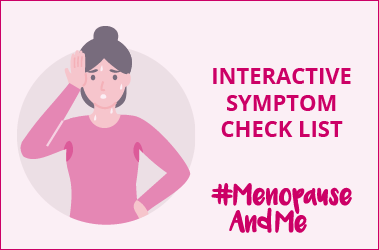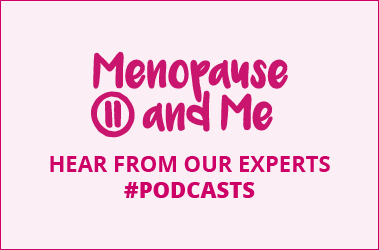
Low mood/Anxiety
Changes to hormones, such as during menopause, can also have an effect on your emotional and mental health.
It’s possible, too, to feel down without there being an obvious reason. Most people experience ups and downs in their life, and can feel unhappy, stressed or anxious during difficult times. This is a normal part of life.
Anxiety, feeling low, sadness, difficulty concentrating, overreacting to minor upsets, anger and irritability, forgetfulness and mood swings can be psychological problems related to the menopause.
Many difficult events and experiences can leave us in low spirits or cause depression such as a death, relationship problems, sleep problems, stress at work, bullying, illness, and pain – to name a few.
Making some small changes in your life, such as resolving a difficult situation or talking about your problems and getting more sleep, can improve your mood. Low mood that doesn’t go away can be a sign of depression.
If your negative feelings don’t go away, are too much for you to cope with, or are stopping you from carrying on with your normal life, get help! Talk to your healthcare professional about your concerns and feelings — there is support out there for you. You aren’t alone!
Low mood is a common symptom of the menopause – it is different from depression. HRT is an option for people who are feeling low as a result of the menopause. Your healthcare professional may recommend HRT or cognitive behavioural therapy (CBT) if you have low mood or anxiety as a result of the menopause.
Recommended for you
Job Code: NON-2022-0120
Date of preparation: February 2022





